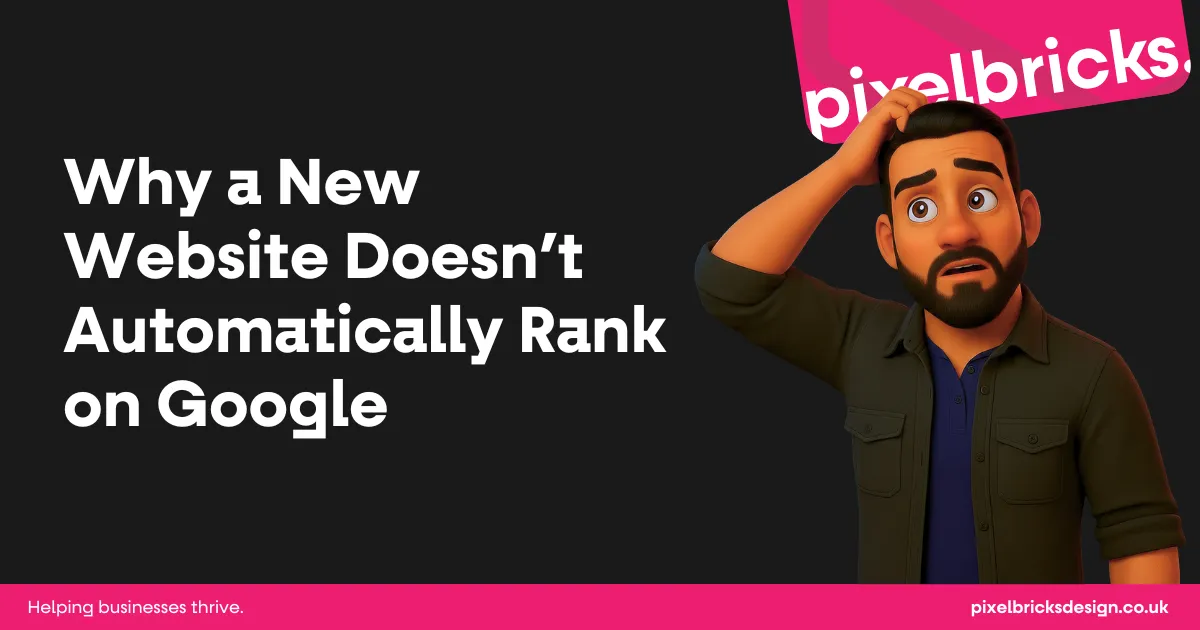Low Word Count in SEO: Myth vs Reality (And Why Google Doesn't Care About Your Mini-Epic)

Ah, the low word count debate—it's the SEO equivalent of pineapple on pizza. Some people swear it’s a cardinal sin, while others (the enlightened ones) know that sometimes, less is more. And just like no one asked for that three-hour film sequel, no one asked for a 2,000-word answer to “What’s a TPO fine?”
So, here’s the thing: despite what your SEO tool keeps nagging you about, Google doesn’t care if your answer is 50 words or 5,000 words long. It’s all about answering the question. Fancy that—people just want an answer, not an essay.
The Obsession with Word Count (And Why SEO Tools Love Keeping You Busy)
Let’s face it, SEO tools are like that one mate who won’t stop going on about their CrossFit class—constantly banging on about how long your content should be. Yes, they’re helpful in some ways, but they’ll have you running in circles if you let them. These tools are still living in the past, telling you that your blog should be the length of War and Peace to rank.
Newsflash: Google doesn’t care about your word count. It cares about relevance. And frankly, it’s probably not reading your Shakespearean attempt at a blog post either.
Take Green Canopy's “questions answered” section, for example. Short, punchy answers that give people exactly what they’re looking for without making them scroll endlessly. And guess what? They rank. Shocking, right? The TPO Fine page, a simple answer to a simple question, proves the point. It’s like handing someone a bottle opener when they ask for it, instead of giving them a 10-step PowerPoint on the history of bottle openers.
When Less is Actually More (Google Loves a Straight Answer)
SEO tools want you to believe that bigger is always better. But Google is a bit like the mate who says, “just give me the gist” when you try to tell them about your weekend drama. If a searcher wants to know how much a TPO fine is, they’re probably not in the mood for a novella. They want a quick, clear answer—and that’s where short content shines.
So, instead of trying to hit some mythical word count to appease master google, focus on actually answering the question. In Green Canopy’s case, a short answer gets the job done. People find what they need, Google sees that people are happy, and everyone moves on with their lives. No fluff required.
Examples of Short Content That Wins (Because More Words Aren't More Effective)
Now, don’t just take my word for it (although, let’s be real, you should). Look around. Google's packed with short answers that rank. Take those featured snippets—the ones that give you a clean, no-nonsense answer right at the top of the page. Do they ramble on? Nope. They’re short, sharp, and to the point.
Green Canopy's TPO Fine page is a perfect example of this. It’s not pretending to be Tolstoy, and it doesn’t need to be. It’s ranked because it answers the search query directly, without all the bells and whistles. SEO success doesn’t come from padding out your content; it comes from knowing when to shut up and let the answer do the talking.
But When Does Word Count Actually Matter?
Now, I’m not saying go full Hemingway on everything. There are times when a longer post makes sense. If you’re explaining how to plant a tree in a 12-step process, by all means, take your time. But if you’re just answering “What’s a TPO fine?” don’t write a thesis. No one wants to scroll through pages of “context” just to get to the bit that actually matters.
So, the rule of thumb? Write as much as you need to answer the question, and not a word more. Remember, it’s the internet—attention spans here are shorter than a goldfish's memory.
Best Practices for Writing Short, Punchy Content That Ranks
Alright, here’s the part where I give you the secret sauce (although it’s really more common sense than magic). If you’re going to write short content that actually performs, here are a few things to keep in mind:
- Get to the point—Don’t beat around the bush. Start with the answer, not a lengthy intro that no one asked for.
- Optimise for the question—Make sure your title and headings match the question people are asking. In this case, something like “TPO Fine” hits the nail on the head.
- Use keywords naturally—We all know you’ve gotta throw in some keywords for good measure, but don’t force it. Google’s smarter than that.
- Provide value—Even if your answer is short, make it valuable. You’re helping people, not trying to fill a word count.
So, there you have it. Before you start writing a mini-epic just to answer something as simple as “How much is a TPO fine?”, remember: quality trumps quantity, every time. Unless, of course, you’re writing a fantasy novel—then feel free to throw in an extra 50k words about your character’s journey to find the mythical enchanted spoon or whatever.
In SEO, though, sometimes short, sweet, and straight to the point is exactly what the doctor ordered. So go forth and write short—but not too short—answers, and watch them rise in the ranks like a perfectly timed pub quiz answer.
____
Oh, and before I forget—Green Canopy? Yeah, they’re an SEO client of ours, and we’re pretty chuffed with how their rankings are going (even with those pesky short answers). If you need some SEO magic of your own, we do take on a limited number of clients at a time—because, y’know, quality over quantity and all that. So, if you’re keen, get in touch before we fill up. No pressure. Well, maybe just a little.
Chat soon,




